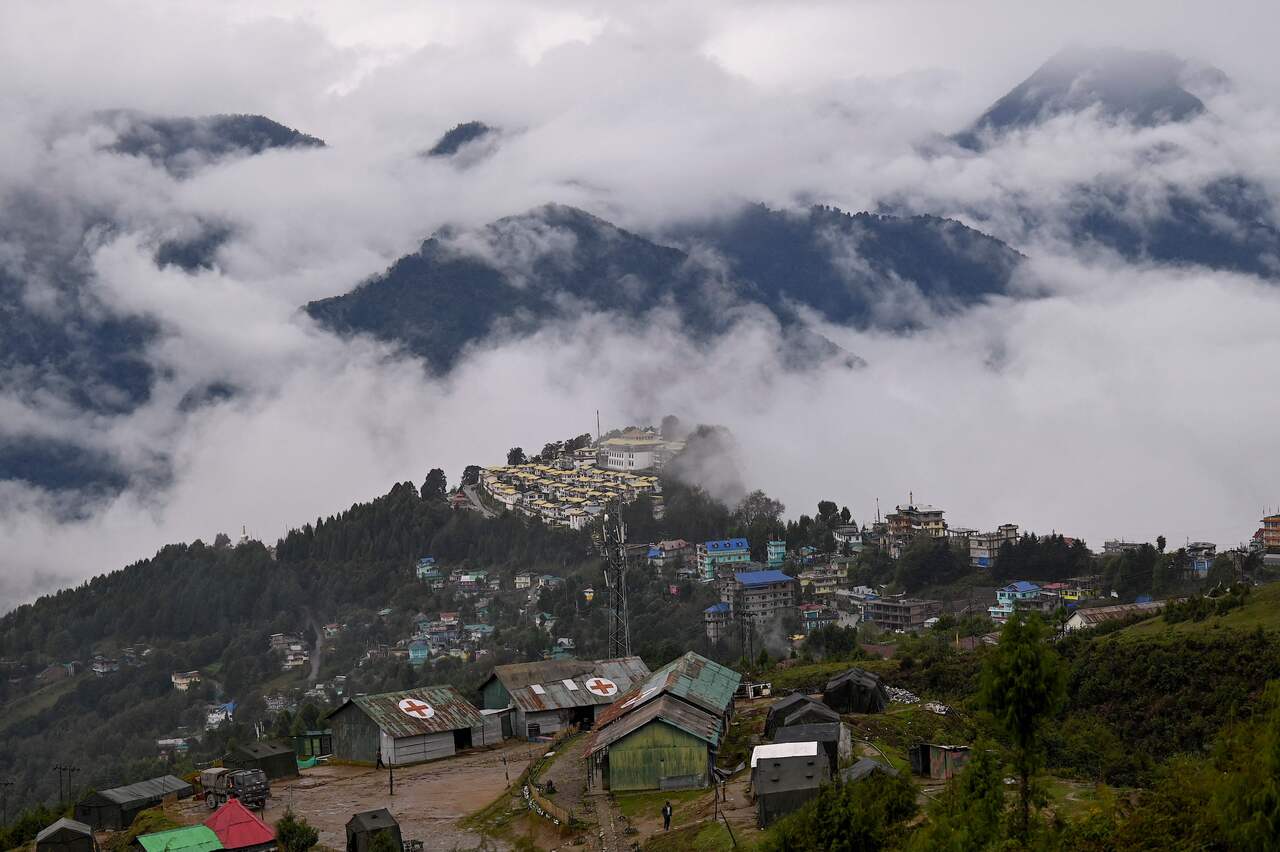Trust deficit in India-China ties: Analysts
Sign up now: Get insights on Asia's fast-moving developments

China has a history of using coercive tactics along the Line of Actual Control to signal displeasure with India.
PHOTO: AFP
Follow topic:
WASHINGTON - There is no longer any trust between India and China, analysts say, a bad sign for the outlook on their Himalayan border where both have been building up forces and infrastructure.
"China has a history of using coercive tactics along the LAC (the Line of Actual Control) to signal displeasure with India," Mr Jeff Smith, research fellow at the Heritage Foundation's Asian Studies Centre, focusing on South Asia, told The Straits Times' Asian Insider this month.
"Frankly, China has built up a significant advantage along its side of the LAC in terms of infrastructure," he said.
"In recent years, India has been making a belated attempt to close that gap. In 2013-2014, we saw Chinese patrols making… incursions across the LAC in an attempt to signal to India that you need to halt this new infrastructure, these new roads, they're provocative.
"They hope that they can sort of bully India into submission," added Mr Smith.
"The two sides are both sort of digging in and becoming increasingly entrenched," he said. "We've seen… a progressive trend of escalating tensions and hostilities at the LAC, which had been relatively peacefully managed since at least the early to mid-1990s."
He also said: "You could at least rely on some degree of stability at the LAC, (but) it's now become one of China's hottest territorial fault lines, and there's the risk for escalation or miscalculation with the type of behaviour we are seeing at the border."
On the same Asian Insider podcast, Ms Nirupama Rao, former Indian foreign secretary who has also been the ambassador to China, said that any trust there had been between the two sides was disappearing.
"Despite the informal summits and the reaching out from (Indian Prime Minister Narendra) Modi to President Xi Jinping, things did not result in the building up of better trust, mutual understanding, mutual respect, mutual sensitivity," said Ms Rao, whose book The Fractured Himalaya: India Tibet China 1949-1962 has just been released.
China's activities on the border had begun to show to the Indian government and security establishment that the LAC was being redefined from the Chinese side, she said.
That has "upended the relationship in so many ways, destroyed the structure of confidence building that existed, and tension reduction that existed, between the security, military establishments of the two sides", she added.
"Given the current situation in India-China relations, I am very pessimistic about outcomes, given the lack of trust and mutual sensitivity between the two countries" she said.
Mr Smith shared the pessimism. "It has become a vicious cycle of feedback loop, where other aspects of the relationship are going poorly and things at the border are also going poorly, back into one another," he said.
"And I think the Chinese government is frankly in a position where its appetite for risk… and appetite for hostility, particularly with its neighbours, have grown considerably in recent years."
He added: "All along its territorial fault lines, it has become more provocative. And it seems willing to live with the consequences of substantially diminished ties with its neighbours."

